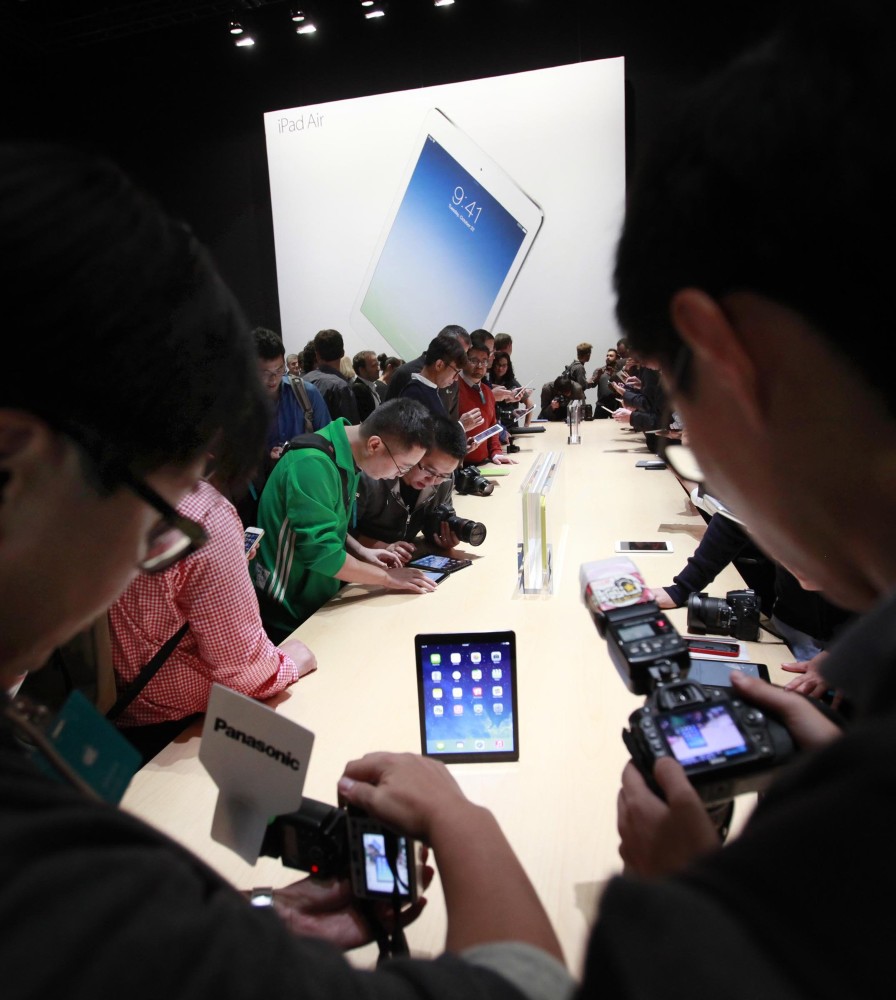EDITORIAL
The Nation, Bangkok, Thailand / Asia News Network.
BANGKOK
We need no experts to tell us that the digital economy will be more prevalent this year. We will be doing more online transactions in 2015 than ever before. Movies, music, books, business stocks, sports bets and much more have been in digital form for years, but the quality and security are improving all the time, luring more and more consumers into the “convenient” marketplaces.
Companies are rethinking or reinventing their IT departments. New online applications to facilitate purchases of digital goods are introduced everyday.
Grass-root vendors who assume they are a world away from the digital economy are mistaken. No one holding a “smart” gadget in his or her hand can escape being a part of the new economic order. Anyone receiving a text advertisement or watching a video clip promoting Thai TV soap operas on YouTube in participating, whether they like it or not.
We all know about the pros. The digital economy reduces production and distribution costs and gives customers faster and often cheaper services.
The cons are a less understood. The “piracy” perceived by the financially better off is an opportunity to the less privileged. Digital goods are not only easier to copy, they are also easier to market. Political corruption and corporate crime employing the digital economy can be harder to detect. Money laundering, already sophisticated and hard to spot, will become more complex and even harder to track.
Last but not least, the digital economy might “self-cannibalise”. Inadequate regulation and copyright control can sink a product’s value in the blink of an eye. Already the entertainment industry is getting hammered by copyright infringement. Again, entertainment entrepreneurs call the copiers “thieves”, but to many consumers, the thieves are Robin Hoods who give share the wealth of knowledge and creative inspiration.
The phenomenon is here, so there’s no point debating whether we should have a digital economy. All we can do is make sure everyone gets what he deserves and no one is left behind.
Politicians and governments must facilitate the establishment of the necessary infrastructure. Only through effective infrastructure can the problems of exploitation and corruption be lessened. The digital economy requires widespread knowledge about how it functions in order to be transparent and, hopefully, sustainable.
Of prime importance is that, like digital goods, every “price” has to fall. Companies can’t expect to be richer when the prices of their products are going down. If the digital economy enables firms to cut costs, consumers must benefit in the same way. It doesn’t make economic sense for private firms to be spending less when the consumers face the same or even larger costs.
The old profit-oriented attitude will only spawn copycats, which, thanks to the digital economy, can look very “original”. Goods must be cheap enough to keep customers in the legitimate market. The infrastructure must be convenient and secure enough to guarantee low prices and fees for products and services.
In short, the digital economy requires everyone — from business executives to first-time smartphone users — to adapt. The new economic order is taking place alongside something bigger — the IT revolution in general. Since what the latter does is close the inequality gap, the digital economy has no choice but to go with the flow, for its own good.














































































































































































































































































































































































